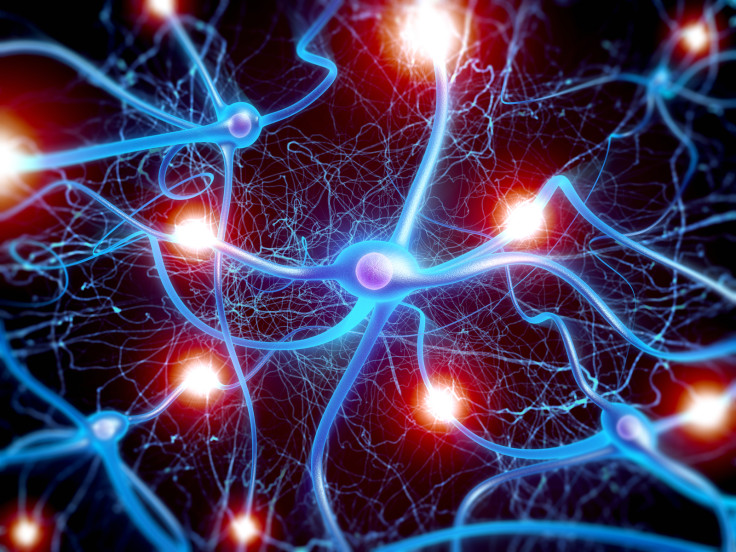Molecule that stops epilepsy developing and prevents seizures discovered
In mice trials, the molecule was found to work by acting on dendritic spine.

Scientists have discovered a new neuro-protective compound that may prevent the development of epilepsy. Tested on mice, the molecule appeared to protect them from seizures.
Epilepsy is a condition that affects the brain and causes repeated seizures. About one person in 100 in the UK suffers from it in the UK. In many studies, scientists have observed abnormalities in dendritic spines – specialised structures that allow brain cells to communicate – of epilepsy patients and animal models of epilepsy.
Although some scientists have advanced that these brain structures in people with epilepsy are damaged by the seizures, others have looked at this the other way around. They have said that it's these abnormalities that have in fact caused the seizures. Dendritic spine abnormalities may indeed promote hyper-excitable circuits and seizures in some types of epilepsy.
In this recent study, published in the journal Scientific Reports, the experimental compounds tested on mice models aimed at protecting these dendritic spine, in the hope of preventing the development of seizures.
LAU compounds
An international team from the University of Alcala in Spain and Louisiana State University have discovered and patented the compounds known as LAU.
These compounds act by blocking a neuro-inflammatory signalling receptor, and this has the result of protecting dendritic spines. Indeed, the scientists noted that LAU re-established dendritic spine density and prevented the formation of dysmorphic dendritic spines. It lessened seizure susceptibility and onset, as well as hyper-excitability of brain circuits known to cause seizures.
"In the current study, preservation of dendritic spines and subsequent protection from seizures, were observed up to 100 days post-treatment, suggesting the process of epilepsy development has been stopped" says lead author Dr. Nicolas Bazan.
Future research may now move to the stage of clinical trials, in the hope of creating drugs that can prevent epilepsy and not just treat its symptoms.
"Most of the anti-epileptic drugs currently available treat the symptom – seizures – not the disease itself. Understanding the potential therapeutic usefulness of compounds that may interrupt the development process may pave the way for disease-modifying treatments for patients at risk for epilepsy", concludes Dr Bazan.
© Copyright IBTimes 2025. All rights reserved.




















